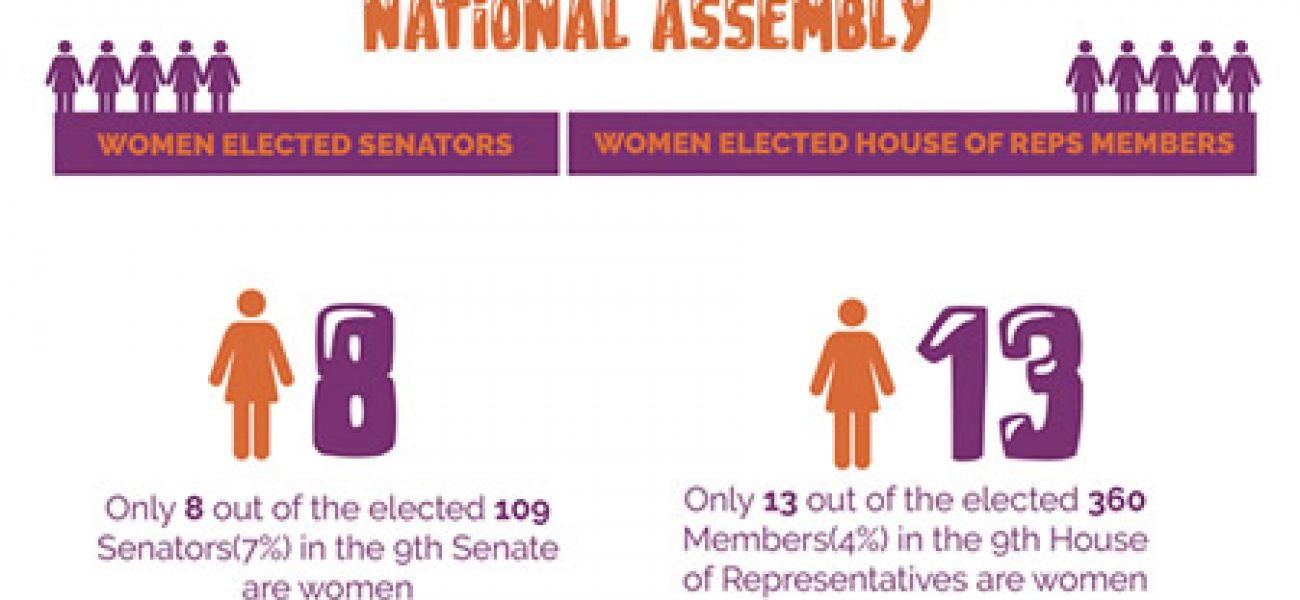On Wednesday, April 28, the House of Representatives passed for second reading, a Bill seeking to alter the 1999 Nigerian Constitution to create additional legislative seats for women throughout the country. In the bill, the sponsors, Hon. Nkeiruka Onyejeocha, the Deputy Chief Whip and Speaker of the House, Rt. Hon. Femi Gbajabiamila, supported by 85 other members are proposing the creation of additional women only seats for the three legislative Houses of Senate, House of Representatives and State Houses of Assembly. Under the bill, it is proposed that an additional Senate seat is created for each of the 36 States of the Federation of Nigeria and the Federal Capital Territory (FCT), making it 37. With the arrangement, the seats will only be contested by women, with their constituency covering the entire State or the FCT, as may apply. The bill also proposes two additional House of Representatives women only seats for each of the 36 States of the Federation and the FCT, with INEC given powers to delineate each State and the FCT into two constituencies for the purpose of the new seats. The bill also proposes that each State House of Assembly be expanded by three seats, with each of the Senatorial Districts in the State producing one new female member. Under the proposal, women will also continue to compete for existing national and state legislative seats alongside the men.
Only women will be able to contest and fill the new seats proposed to be created. The provision is however a temporary special measure, which will come up for review after four election cycles of 16 years.
Nigeria has an abysmally low number of women in elective and appointive positions. It is one of the lowest in Africa. Currently, out of 109 Senators, only 8 are women and out of 360 members of the House of representatives, only 13 are women. There have been repeated calls for the implementation of 35% affirmative action to improve women representation. The numbers have however continued to decline without any improvement in sight.

